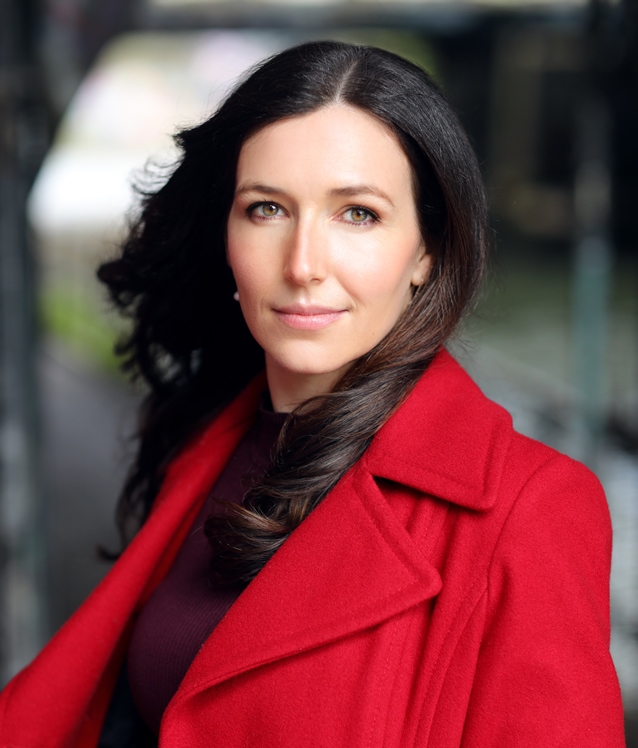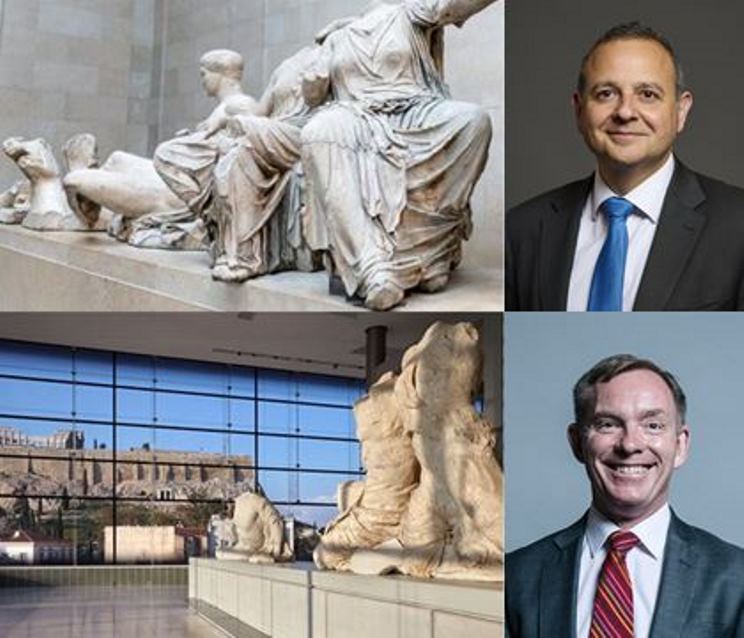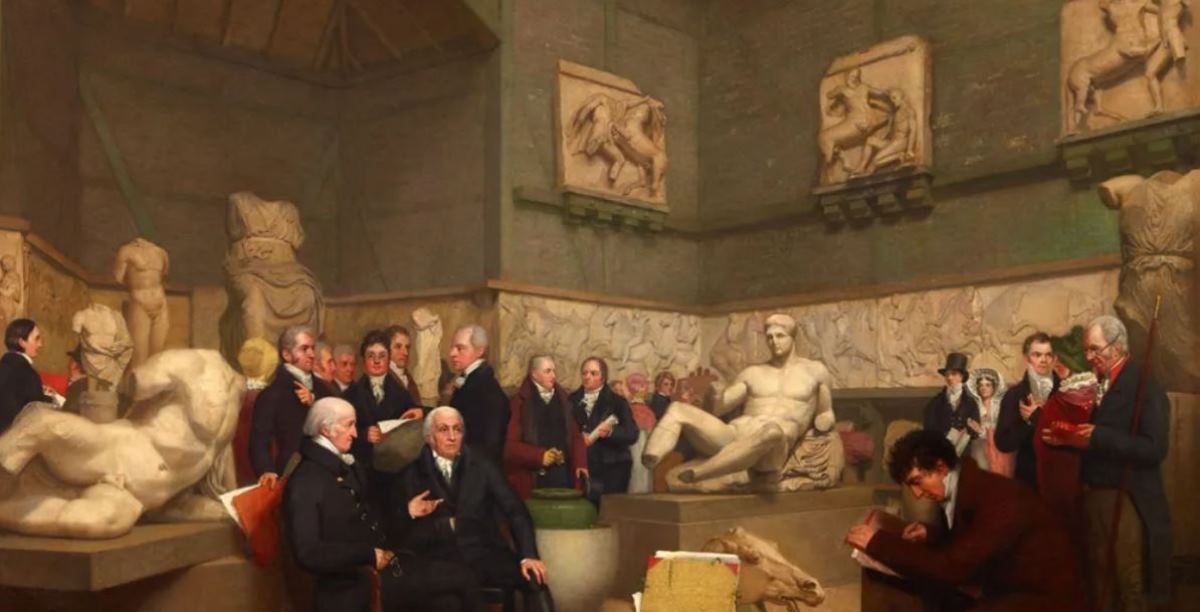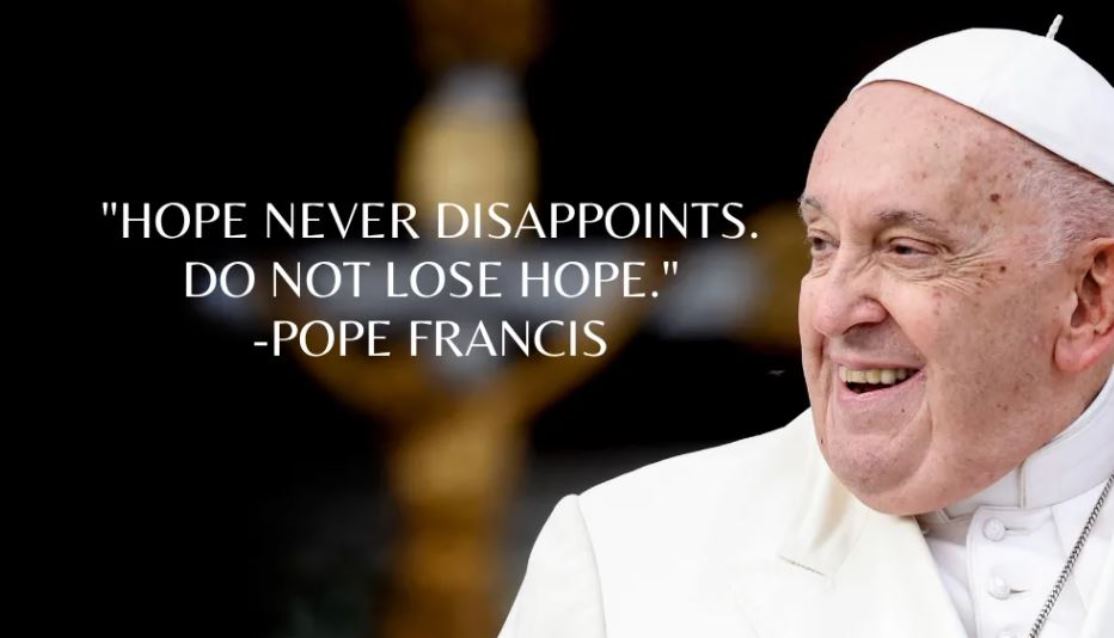CAMBRIDGE and Oxford universities will become the last two British Institutions to resist repatriation for Aboriginal remains, after National Museums Scotland agreed to return a Tasmanian boriginal skull.
The decision by the Scottish museum is another step in the 20-year battle by Tasmanian Aboriginal community which, through the Tasmanian Aboriginal Centre, has successfully lobbied the British Museum and the Natural History Museum for the return of ancestoral remains.
The centre's legal director, Michael Mansell, was pleased with the unconditional terms of the Scottish repatriation of a Tasmanian skull, and said representatives would collect it next month. However, he expressed concern over six other Aboriginal skulls held by the museum, of which he believed at least two were Victorian and one was from NSW.
"We hope that now they've agreed to our request, they'll agree to other remains being handed over", he said.
The museum said the Federal Government had requested the return of other skulls and that this would be considered as soon as possible. It is also returning eight Maori skulls to New Zealand.
Dr Gordon Rintoul, director of National Museums of Scotland said:"We consider these individual cases very carefully, looking at the moral, cultural and scientific arguments as well as recent practice in this sensistive area of human remains."
Cambridge University holds four Aboriginal skulls and possibly two jawbones. A spokesman said the university's new repatriation policy would be available after January 25, 2008. James Worrin, from Oxford University, which holds four Aboriginal hair samples said:"The issue is still under consideration and there are no developments."





Comments powered by CComment